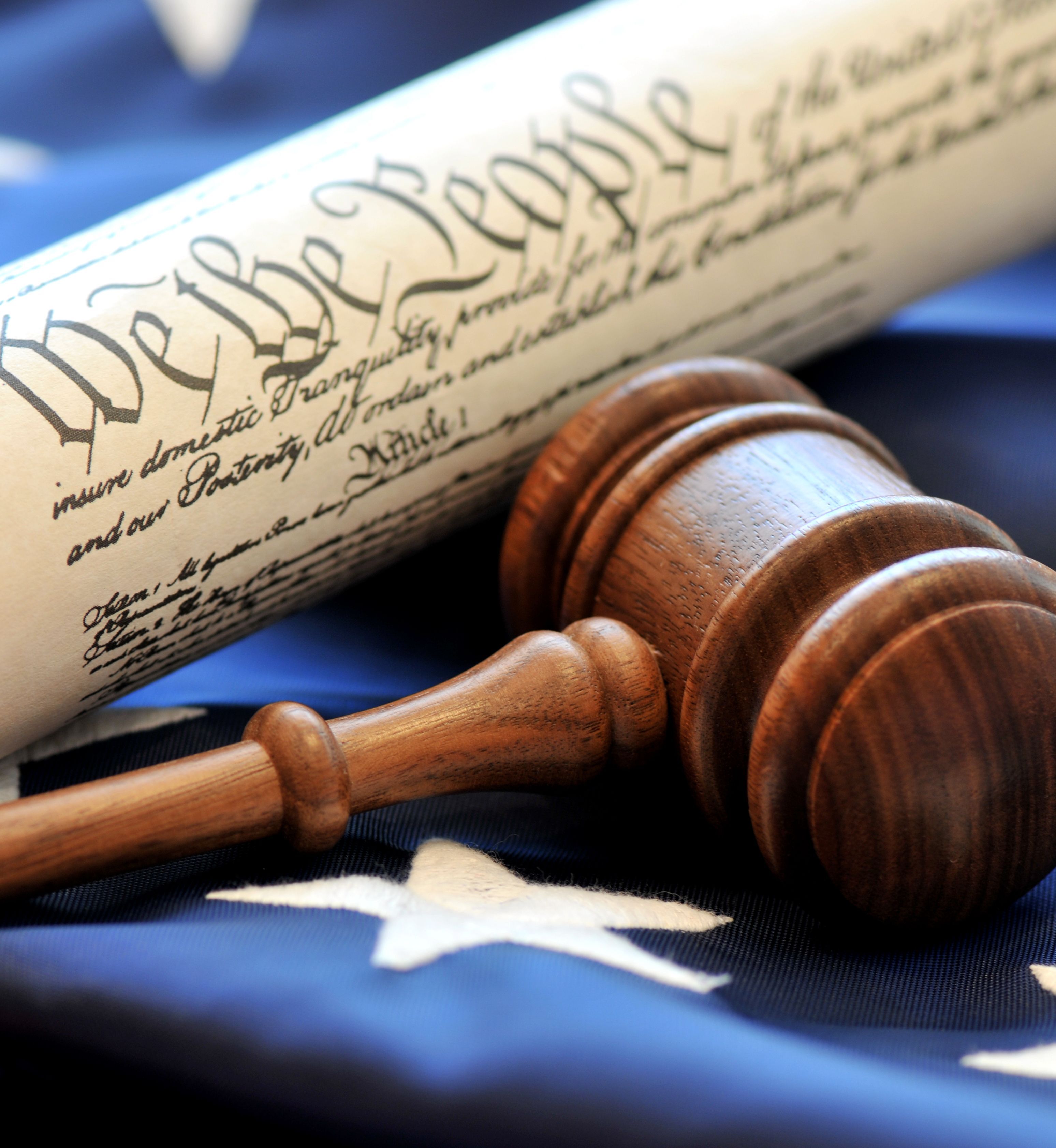Q: How do courts remain fair and impartial?
A: Courts have rules to make sure judges and juries treat everyone fairly and impartially and that they apply the law equally to everyone. Most court cases are open to the public, which helps promote transparency and accountability. Also, if someone is unhappy with the outcome of their case, they can appeal to a higher court to review the decision.
Q: How does the legal system ensure that Colorado judges are fair and impartial?
A: In Colorado, judges are appointed based on their skills and qualifications, not politics. Their performance is evaluated to see if they are competent, fair, and impartial, and they must go through periodic retention elections to stay in their position.
Ethics rules require judges to step away, or “recuse” themselves, from cases if they have a conflict of interest or if their impartiality could reasonably be questioned.
Also, judges have to report their finances each year, including their assets and debts, and every quarter they must report any gifts or honoraria payments over $53. This allows the public to check whether a judge might have a financial conflict of interest.
Q: How do juries remain fair and impartial?
A: At the start of a jury trial, potential jurors go through a process called "voir dire," which means "to speak the truth." This process checks if jurors can be fair and impartial in the case. The judge and attorneys ask questions of the jurors, and sometimes the jurors fill out questionnaires, to see whether the jurors have any biases that could affect their fairness. Biased jurors will not be allowed to serve on that case.
Jurors also must agree to follow the law as the judge explains it to them.
Q: What is the rule of law and how does it ensure fairness?
A: The rule of law means that judges and juries apply the law, not their personal opinions or biases, to make decisions in cases. When judges in Colorado are appointed, they promise to follow the U.S. and Colorado Constitutions and the state’s laws.
Judges also explain the law to jurors in each case, and judges must follow rules of evidence and rules of procedure to make sure trials are fair. Jurors have to follow the law as the judge explains it, and make their decisions based only on the evidence they hear in court.
Q: What is due process of law? What is equal protection of the law?
A: The U.S. and Colorado Constitutions require that no one can be deprived of life, liberty, or property without due process of law, meaning fair legal processes. People must be given timely notice of the issues to be decided and a full and fair opportunity to be heard before their rights can be limited or taken away.
Also, both constitutions guarantee that the law will be applied equally to everyone, no matter their race, ethnicity, income, age, religion, gender, gender identity, sexual orientation, or other differences.

